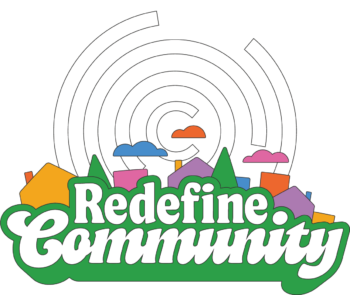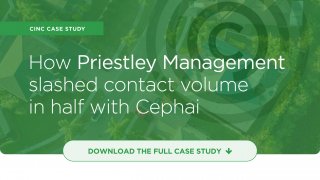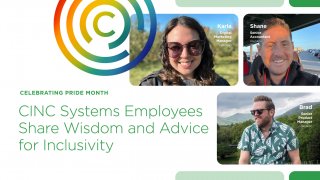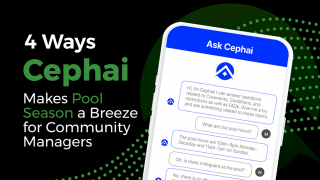- April 8, 2024
- CINC Systems


Connecting neighbors by pivoting from mundane to meaningful.
The word “community” has two definitions: (1) a group of people living in the same place or having a particular characteristic in common, and (2) a feeling of fellowship with others as a result of sharing common attitudes, interests, and goals. When you think about neighborhoods and community associations today, which seems more accurate?
For the 57% of Americans who say they only know some or none of their neighbors, it’s the first definition—the only thing they share with their neighbors is geographic location. It’s a trend that appears to be worsening; 72% of 30- to 49-year-olds and 78% of 18- to 29-year-olds barely know their neighbors.
What’s behind this decline in neighborly interactions and connections? Perhaps a key factor is the rise of technology and social media. We’ve seen these online communities become increasingly toxic as members attack each other and spew hate behind the safety of anonymous user names. The same happens in the real world; when neighbors are strangers, they become avatars characterized by others’ unconscious biases. We can see this playing out as distrust and fear fester in once-harmonious communities.
Distrust has grown towards HOAs and association management companies, too. Faced with mounting challenges like skyrocketing insurance costs, deferred maintenance, and new legislation, boards need engagement and guidance more than ever. But as community managers struggle under mountains of emails and routine tasks, their relationship with boards and homeowners becomes impersonal and transactional.
Medical diagnoses start with a simple question: “Where does it hurt?” If the unraveling of trust, fellowship, and collaboration are symptoms that are worsening, it’s time for a new treatment. It’s time to redefine community.
What if, through innovation, our industry could help turn the tide by increasing transparency, participation, and collaboration? What if we promoted community engagement with tools that complement today’s mobile lifestyles? At CINC Systems, we not only believe it’s possible, but we are actively working toward that reality.
We designed the Homeowner App to provide a positive experience from day one, where a homeowner’s first interaction with their management company isn’t a bill or violation, but an invitation to connect through the app. We introduced Cephai, the industry’s first true AI solution, providing homeowners with fast, reliable answers to common questions and freeing managers to devote more time to meaningful engagement. The Your Community News feature will allow users to discover businesses and experiences in their city, encouraging them to get plugged in, while the new-and-improved app communications center makes staying in touch easier than ever.
As we continue to innovate and evolve, the idea of restoring and fostering community—real community—is our guiding light. We dare to imagine a future where revived neighborly spirit gives way to heightened local civic engagement, the backbone of healthy and well-functioning societies. Will you join us in redefining community?
Related Reads

Blog
How Priestley Management slashed contact volume in half with Cephai
- July 22, 2024

Blog
Get Ready: Homeowner Associations Must File Under the Corporate Transparency Act
- July 8, 2024

Blog
Generative AI just got a lot more mainstream. Is your community association ready?
- July 1, 2024

Blog
Celebrating Pride Month: CINC Systems Employees Share Inclusivity Wisdom and Advice
- June 28, 2024

Blog
Mid-Year Update: Using the 2024 State of the Industry Report to Drive Business Growth
- June 10, 2024

Blog
4 Ways Cephai Makes Pool Season a Breeze for Community Managers
- May 27, 2024
